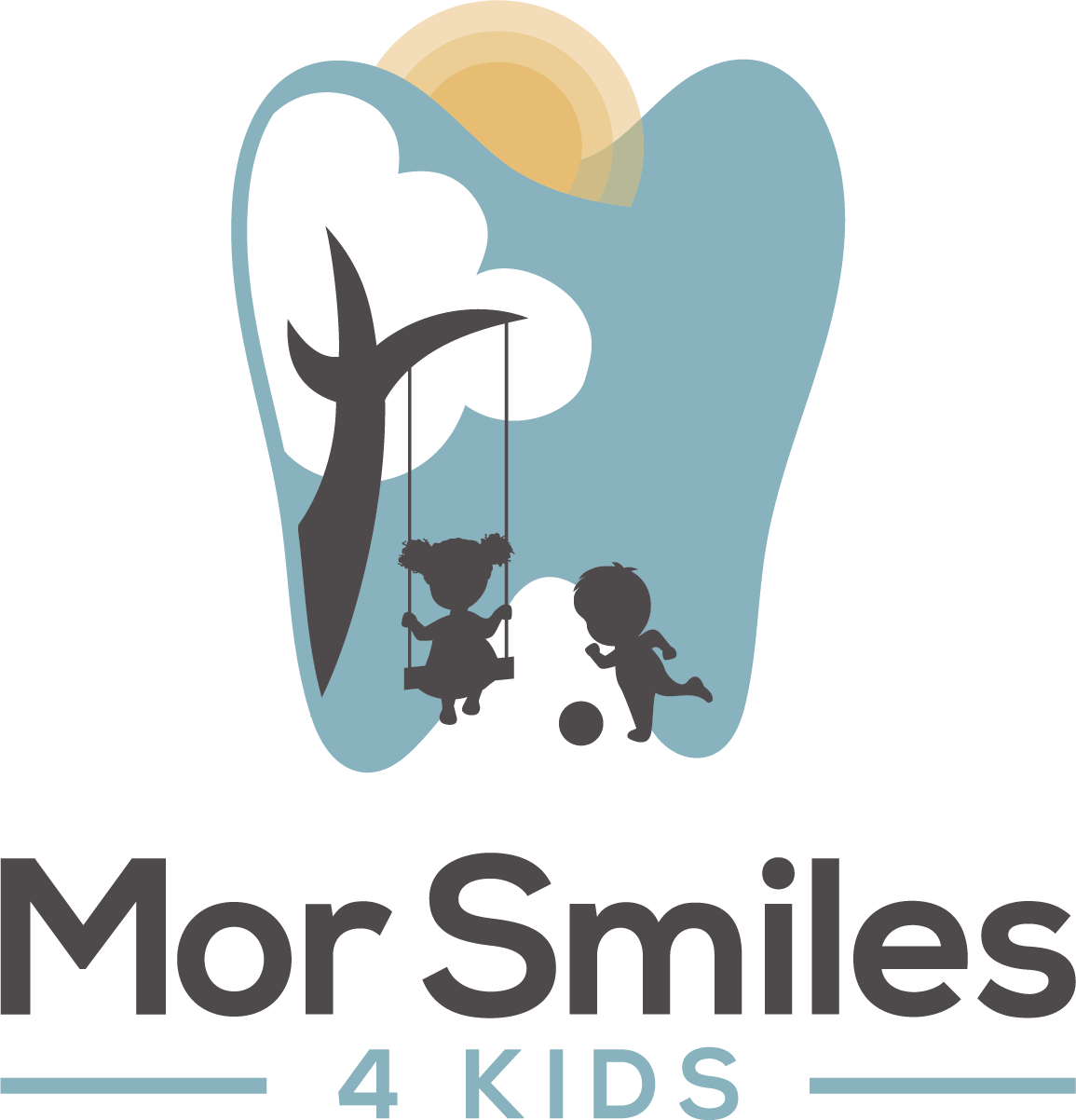Infant Dentistry in Woodforest

When should I start bringing my baby to the dentist?
The American Academy of Pediatric Dentistry recommends taking children to the dentist for their first check-up by their first birthday. By getting your child into a dental routine early on, you can help them develop healthy oral care habits that will propel them forward with confidence. Finding a pediatric dental specialist to walk with you through your child's oral health journey will ensure a lifetime of healthy smiles.
Dr. Josh Morales is a board certified pediatric dentist who is gentle and understanding when working with children, and takes the time to answer any questions or concerns you may have.
